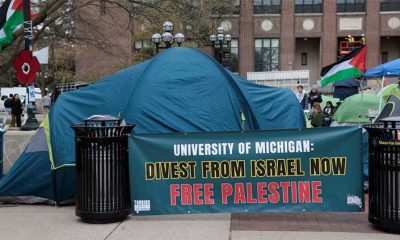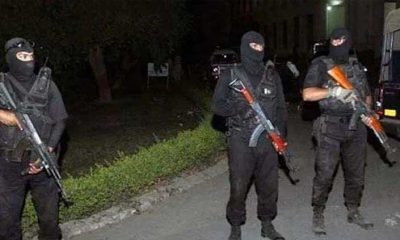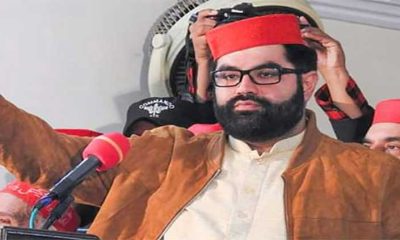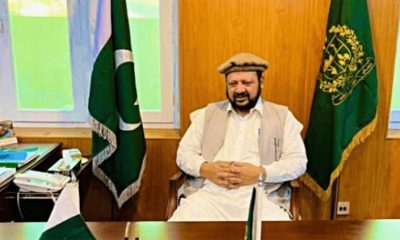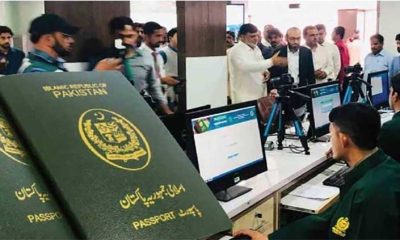At least 42 people died when a dam burst its banks near a town in Kenya’s Rift Valley, the local governor told AFP on Monday, as heavy rains and floods battered the country.
The dam burst near Mai Mahiu in Nakuru county, washing away houses and cutting off a road, with rescuers digging through debris to find survivors.
“Forty-two dead, it’s a conservative estimate. There are still more in the mud, we are working on recovery,” said Nakuru governor Susan Kihika.
Monday’s dam collapse raises the total death toll over the March-May wet season to 120 as heavier than usual rainfall pounds East Africa, compounded by the El Nino weather pattern.
Meanwhile, the Kenya Red Cross said Monday it had retrieved two bodies after a boat carrying “a large number of people” capsized at the weekend in flooded Tana River county in eastern Kenya, adding that 23 others had been rescued.
Video footage shared online and broadcast on television showed the crowded boat sinking, with people screaming as onlookers watched in horror.
On Saturday, officials said 76 people had lost their lives in Kenya since March.
Flash floods have submerged roads and neighbourhoods, leading to the displacement of more than 130,000 people across 24,000 households, many of them in the capital Nairobi, according to government figures released Saturday.
Schools have been forced to remain shut following mid-term holidays, after the education ministry announced Monday that it would postpone their reopening by one week due to “ongoing heavy rains”.
“The devastating effects of the rains in some of the schools is so severe that it will be imprudent to risk the lives of learners and staff before water-tight measures are put in place to ensure adequate safety,” Education Minister Ezekiel Machogu said.
“Based on this assessment, the Ministry of Education has resolved to postpone the reopening of all primary and secondary schools by one week, to Monday, May 6, 2024,” he said.
Turmoil across the region
The monsoons have also wreaked havoc in neighbouring Tanzania, where at least 155 people have been killed in flooding and landslides.
In Burundi, one of the world’s poorest countries, around 96,000 people have been displaced by months of relentless rains, the United Nations and the government said earlier this month.
Uganda has also suffered heavy storms that have caused riverbanks to burst, with two deaths confirmed and several hundred villagers displaced.
Monday’s dam collapse comes six years after a similar accident at Solai in Nakuru county killed 48 people, sending millions of litres of muddy waters raging through homes and destroying power lines.
The May 2018 disaster involving a private reservoir on a coffee estate also followed weeks of torrential rains that sparked deadly floods and mudslides.
El Nino is a naturally occurring climate pattern typically associated with increased heat worldwide, leading to drought in some parts of the world and heavy rains elsewhere.
Late last year, more than 300 people died in rains and floods in Kenya, Somalia and Ethiopia, just as the region was trying to recover from its worst drought in four decades that left millions of people hungry.
The UN’s World Meteorological Organization said in March that the latest El Nino is one of the five strongest ever recorded.
Post Views: 17


 Sports3 months ago
Sports3 months ago
 Fashion2 months ago
Fashion2 months ago
 Sports3 months ago
Sports3 months ago
 pakistan3 months ago
pakistan3 months ago
 pakistan3 months ago
pakistan3 months ago
 World2 months ago
World2 months ago
 World2 months ago
World2 months ago
 Sports2 months ago
Sports2 months ago
